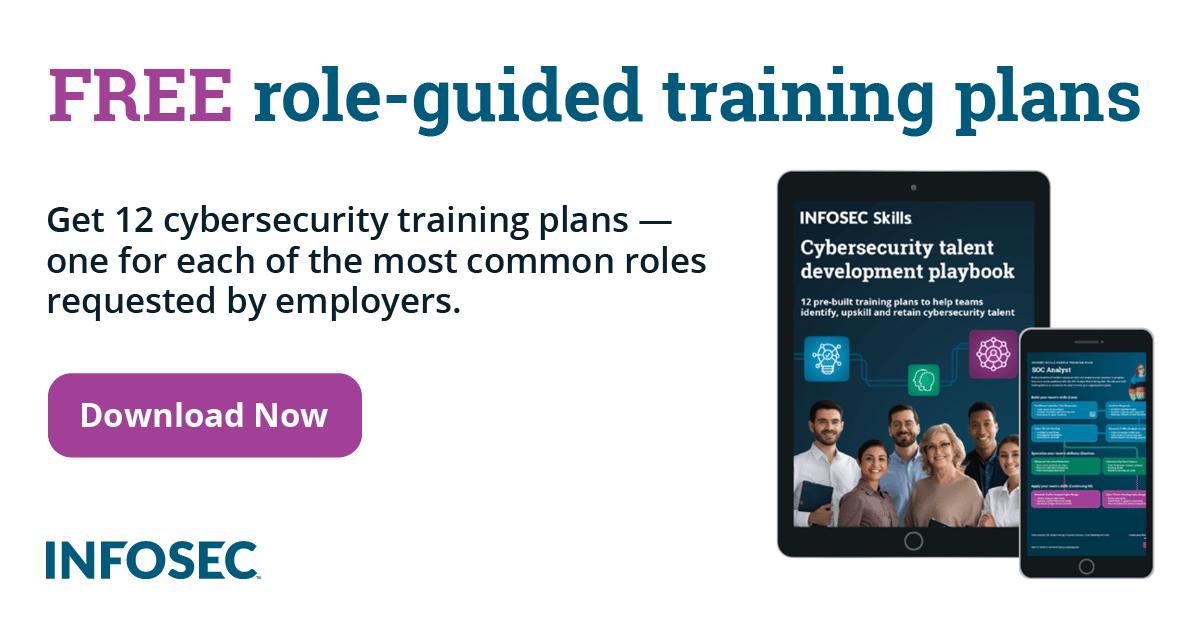The dos and don’ts of sharing sensitive business data
All businesses handle sensitive data of one kind or another. Whether this is confidential client information, financial details, or even employee addresses, it should all be treated carefully and shouldn't be put at risk. Data is most frequently put at risk when it is shared - this is typically when information is least secure. When it leaves the safety of a hard drive, secure cloud storage, or someone's brain, this information is exposed to the chance of being accessed and shared by unauthorised individuals.
The problem is, sometimes you have to share this kind of sensitive information with other people in order to run your business. So how can you prevent your data from falling into the wrong hands when you're sharing it? Here are a few dos and don'ts to help you ensure that your sensitive business data stays secure while sharing.

FREE role-guided training plans
Don't use email
Email is one of the most insecure ways of sharing information online. It is all too easy to accidentally copy the wrong recipient into an email, or for an email to get forwarded on without your knowledge. People leave themselves logged in to their email on public computers, emails can be easily hacked into, and if devices are lost or stolen there's minimal protection to prevent access to the inbox.
Don't use consumer file sharing tools
Consumer file sharing tools are notorious for insecurity: take Dropbox's password leaks, and iCloud's hacking scandals. You can't guarantee the security of data shared via the public cloud, and consumer file sharing services do not have enterprise grade security features or information security certifications. They don't meet organisational security compliance policies and are perceived by most IT departments as a risk.
Do use a dedicated enterprise file sharing platform
Get a platform that is designed for business. Cloud-based secure file sharing platforms enable the secure transfer of documents and information without the risks associated with email or consumer tools. Access is granted on a permission-only basis with each user requiring a login. Correctly accredited software-as-a-service providers will offer enterprise-grade security features that will ensure the protection of all data within the system.
Do find a certified enterprise cloud vendor
When you choose your file sharing platform, make sure you check the cloud vendor's reputability and information security policies so you can guarantee they are keeping your data safe. Find out, is the vendor ISO 270001 certified? Are they audited independently? You need to know that the vendor has good information security policies and procedures in place to keep your and your clients' data safe.
Do set user permissions and file expiry dates
For added security, choose a file sharing platform that allows you to apply digital rights management and automatic expiry to each shared file. Digital rights management allows you to restrict saving or printing of the file and prevent unwanted data leakage, and applying expiry dates automatically revokes access to the file after a specified period of time.
When it comes to sharing sensitive information, it pays to be as secure as possible. Ensure that your business is equipped with the best in enterprise file sharing software to avoid running any risks with your own or your clients' data.





